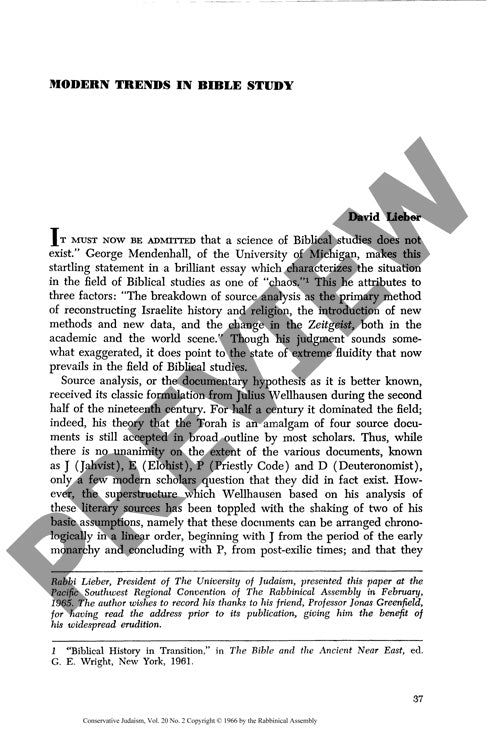Modern Trends in Bible Study
Couldn't load pickup availability
Biblical studies exists in a state of "chaos," as George Mendenhall observes, due to seismic shifts in how scholars approach and interpret sacred texts. Three fundamental changes have transformed the discipline: the collapse of traditional source analysis methods for reconstructing Israelite history, an influx of new methodological tools and archaeological discoveries, and broader shifts in academic and cultural zeitgeist. Wellhausen's documentary hypothesis, which dominated Biblical scholarship for fifty years through its identification of four source documents (J, E, P, D), has seen its superstructure crumble as scholars challenge its basic chronological and contextual assumptions. In response, four innovative approaches have emerged: form criticism pioneered by Hermann Gunkel, archaeological insights particularly from Ugarit, comparative religious analysis, and literary criticism applying "New Criticism" techniques to Biblical texts. Recent archaeological evidence and enhanced understanding of ancient Near Eastern cultures have revolutionized Biblical interpretation, revealing that many supposedly late Biblical sources accurately reflect earlier historical periods. While no unified scientific framework currently exists for Biblical studies, these diverse methodological approaches collectively deepen textual understanding and reinvigorate the Bible's relevance for contemporary religious education by enabling richer appreciation of its fundamental messages about divine election and moral imperatives.

More Information
-
Physical Description
-
Publication Information
Published 1966
ISBN
-
Publication Credits
David Lieber

